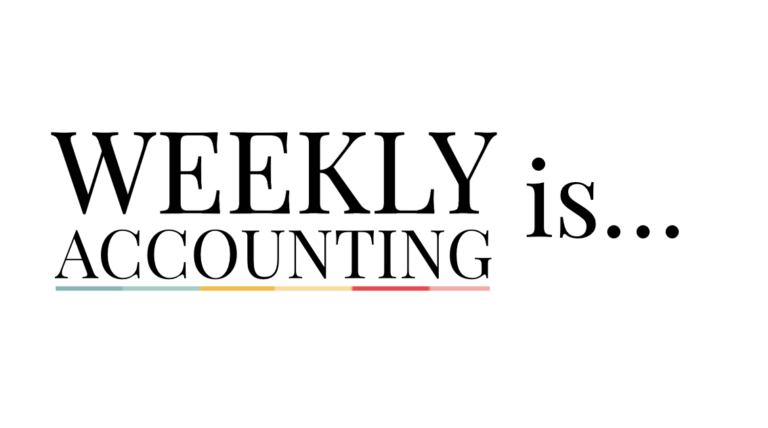Introduction
The real engine of freedom in the United States is the Dynamic Quality of our small businesses. Anyone, anywhere, can create a company and be in business with a signature and a few hundred dollars in a few days. The freedom to create a business in the United States IS the American Dream.
There are more opportunities for small businesses now than there ever has been. Remote work, willingness to offshore and outsource creates opportunities for millions of people to build systems enabled service companies to help other companies get work done at higher Quality and lower cost. Rapidly changing consumer preferences are going to leave big companies flat footed in favor of emerging brands that target those changing preferences.
New technologies are changing the nature of work more rapidly than ever. And the pace of change is going to continue to accelerate. Artificial intelligence, for example, won’t eliminate software developers but it will eliminate developers who don’t use AI.
Incumbent professional service firms have been slow to adapt to this new reality. Protected by regulatory moats created a hundred years ago, licensed CPAs and lawyers, continue to charge exorbitant hourly rates providing little business value in the rapidly changing world that small businesses navigate.
Accountants in particular are failing small businesses. Accountants do not learn about business. They learn the arcane rules of a backward facing system. The last major innovation in accounting was in 1494 when the dual entry system and the balance sheet were documented for the first time. Since then it has just been more documentation.
The IRS and the CPA Industrial Complex aren’t helping. The CPA designation and the requirements for an independent audit has contributed greatly to the trust that investors have in the financial reporting of public companies. The problem is there is no money in small businesses for CPAs. As a result CPAs only focus on filing small business tax returns. In 22 years as a CFO, we’ve only interacted with CPAs 22 times. Once each year to do taxes.
As a result, the books of most small businesses suck. We’ve seen thousands of them. We’ve cleaned a lot of them. Most of the CEOs we talk to don’t really even use their financial statements. If you have to wait until the books are closed each month to know what your revenue is that’s how you know your books suck. Why do you wait for the bank statement again? Why do you compare March to February?
Accountants aren’t even trying. Accountants went to college to get a Good Safe Job. They are not risk takers. They are box checkers. Skills: Filling out forms. Standing in line. Checking boxes. Creativity is frowned upon. Sign me up!
The last thing anyone wants is an innovative accountant. There is literally no upside to a job in accounting – only downside. There’s never any good news from accountants. The only time accountants are in the news is when there’s a catastrophe – like Arthur Anderson shredding documents while Enron collapses. Or FTX executives pleading guilty to fraud. If accounting was working and there was more transparency those things wouldn’t happen.
Fortunately there is a better way. It’s not complicated. We’ve taught it to many people and you can learn it too. That’s what this book is about. We call it Weekly Accounting.
We’ve proven that it works at small businesses in nearly every major industry – from education and healthcare to lead generation and virtual worlds.
When you put the right data in front of an empowered team they get better. When you increase the number of feedback loops from 12 per year (monthly) to 52 per year (weekly) they get better faster. That’s the premise of Weekly Accounting and that’s the goal of this book. To help people see their better – both to see the business more clearly and to see the business get better. Our promise is that once you see your business weekly, the old ways of seeing your business will seem quaint.

Chapter 2: All Hail the CPA

